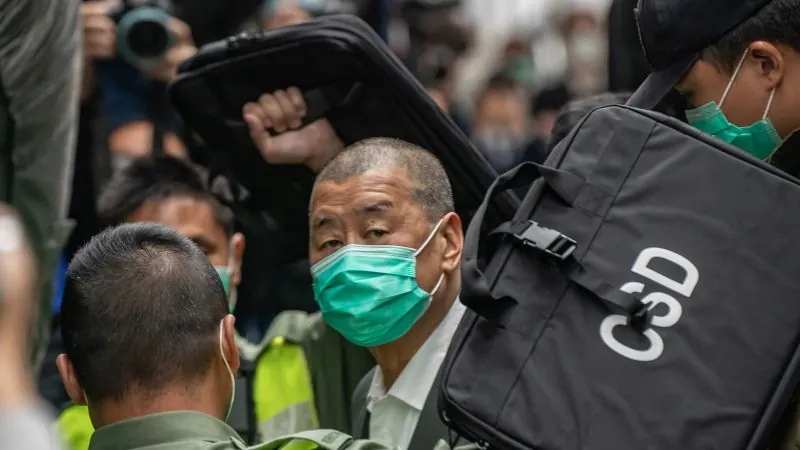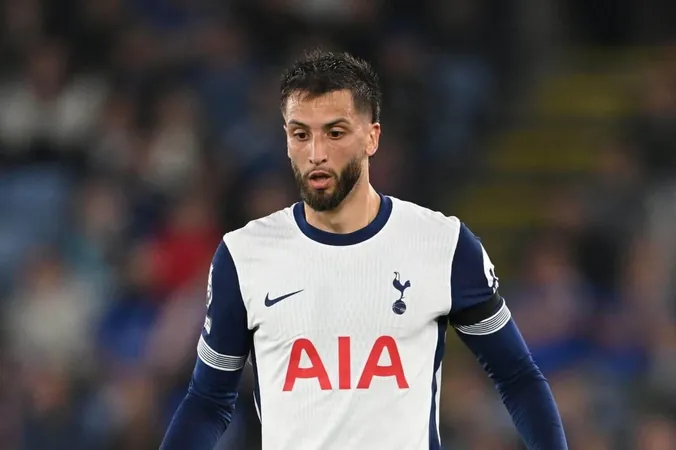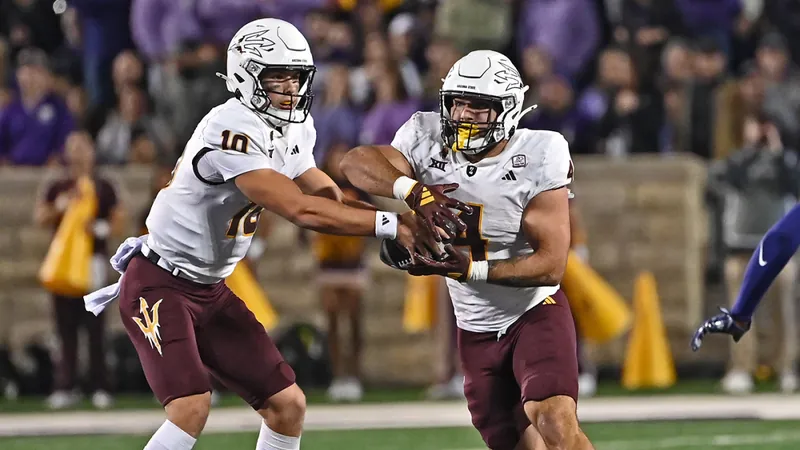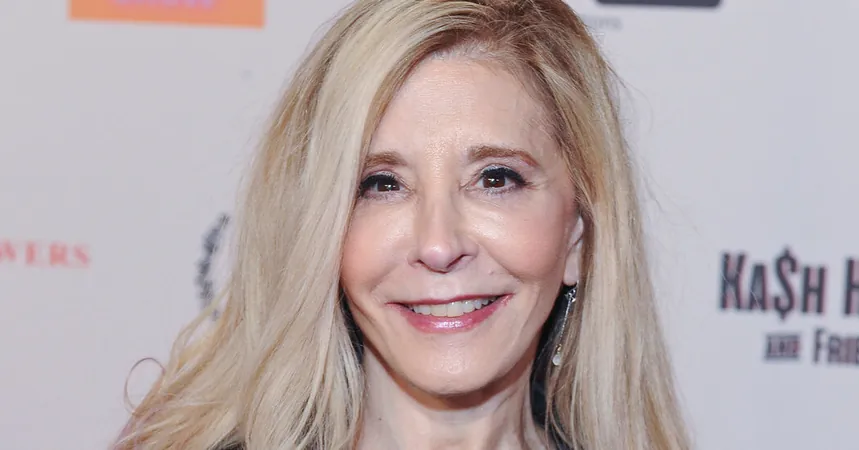
Jimmy Lai Breaks Silence: Media Tycoon Delivers Bold Defense in High-Stakes National Security Trial
2024-11-20
Author: Jia
In a dramatic courtroom moment that captivated Hong Kong and beyond, media mogul Jimmy Lai testified on Wednesday during his trial, marking the first time he has spoken publicly since his arrest nearly four years ago. The 77-year-old entrepreneur and founder of the now-defunct pro-democracy tabloid, Apple Daily, is facing severe charges under Hong Kong's contentious national security law, a framework that has fundamentally restructured the region’s political landscape.
Dressed in a green cardigan and brown blazer, Lai entered the court to a warm reception from supporters, including his family and notable figures like Cardinal Joseph Zen, a staunch advocate of democracy in the city. This comes as Lai is confronted with serious allegations of colluding with foreign forces and sedition, crimes that could result in a life sentence if he’s convicted.
During his testimony, Lai passionately defended his principles, asserting that he has consistently opposed violence throughout the 2019 anti-government protests. He pointedly dismissed notions advocating for independence for Hong Kong and Taiwan as "crazy," labeling accusations of his lobbying efforts for independence a "conspiracy" designed to ensnare him. "I never allowed any of our staff or our newspaper to mention this," he emphatically stated.
What sets this trial apart is its significance as a rare chance for detained pro-democracy figures to share their narratives. With many such individuals enduring prolonged pre-trial detentions and under stringent restrictions, Lai’s defense represents not only a personal fight but a voice for many silenced in the current regime.
The trial also comes on the heels of a broad sentencing of over 40 pro-democracy activists, including Joshua Wong, who have recently been handed prison terms of up to a decade. Wong's emotional farewell with the phrase "I love Hong Kong" echoed the sentiments of many who believe Lai's plight symbolizes a broader struggle for liberation against an increasingly repressive government.
Interestingly, Lai's testimony unfolded as a significant political moment in U.S. relations with China, coinciding with Donald Trump's return to the White House. While Lai revealed he had never communicated directly with Trump, he alluded to connections with key figures in Trump's inner circle—two of whom he named publicly during his trial. This revelation intertwines Lai's plight with ongoing geopolitical tensions, highlighting the intersection of media, human rights, and international relations.
Prime Minister of the United Kingdom, Keir Starmer, also brought urgency to Lai’s case, discussing his deteriorating condition during his recent meeting with Chinese President Xi Jinping at the G20 summit. Lai, who holds a British passport, has become a pivotal figure in calls for accountability regarding human rights in the former British colony.
The legal proceedings are unprecedented, representing the highest-profile case against a media figure since the handover of Hong Kong from British to Chinese rule in 1997. Critics of the national security law assert that it has effectively stifled freedoms and altered the legal landscape, with Lai’s case being a defining moment in this ongoing struggle.
During his testimony, Lai reflected on the founding principles of Apple Daily, expressing that the newspaper was built on the values of democracy, freedom of speech, and the rule of law—principles that remain essential in the fight for Hong Kong’s autonomy. He described his aspirations for the publication's role in disseminating truthful information to counter an oppressive regime, asserting, "The more information you have, the more you’re free."
As the trial unfolds, global attention remains firmly on these proceedings. Lai’s unique stature as a symbol of resistance against Beijing and the sacrifices made by those who seek democracy within Hong Kong are more relevant than ever. In his own words, “Mr. President, you’re the only one who can save us,” a plea that underscores the urgency of international advocacy for those fighting for their freedoms.



 Brasil (PT)
Brasil (PT)
 Canada (EN)
Canada (EN)
 Chile (ES)
Chile (ES)
 España (ES)
España (ES)
 France (FR)
France (FR)
 Hong Kong (EN)
Hong Kong (EN)
 Italia (IT)
Italia (IT)
 日本 (JA)
日本 (JA)
 Magyarország (HU)
Magyarország (HU)
 Norge (NO)
Norge (NO)
 Polska (PL)
Polska (PL)
 Schweiz (DE)
Schweiz (DE)
 Singapore (EN)
Singapore (EN)
 Sverige (SV)
Sverige (SV)
 Suomi (FI)
Suomi (FI)
 Türkiye (TR)
Türkiye (TR)